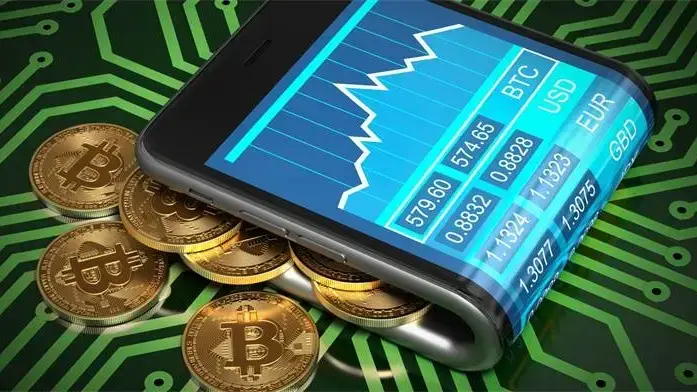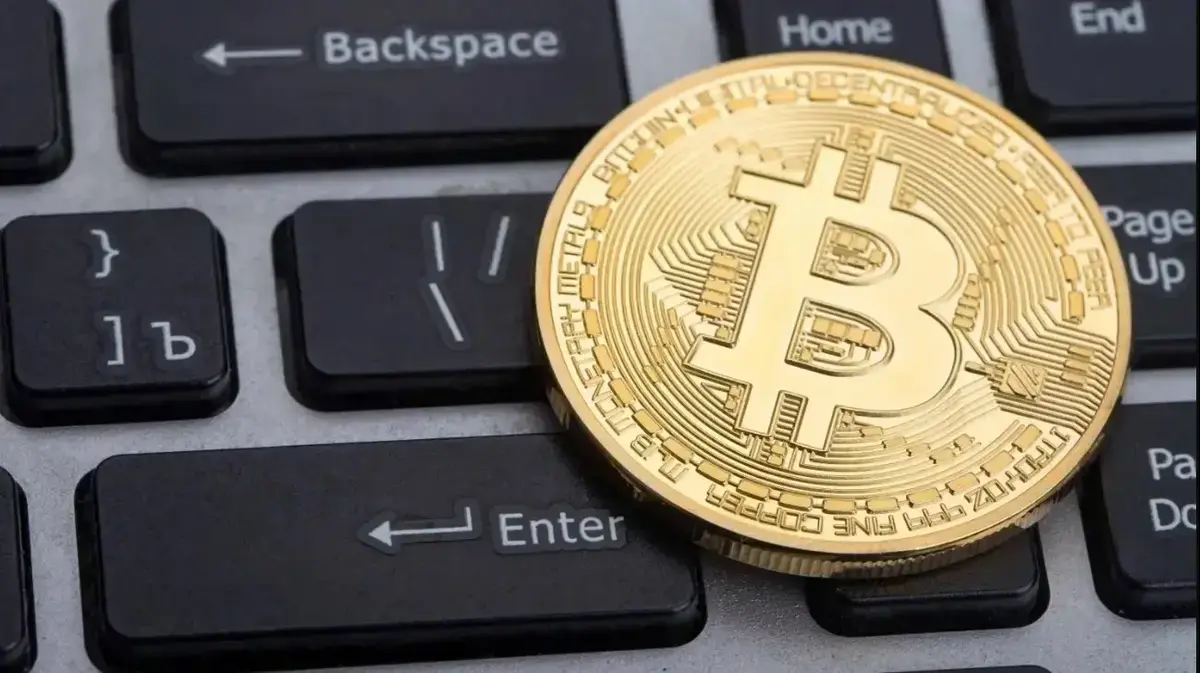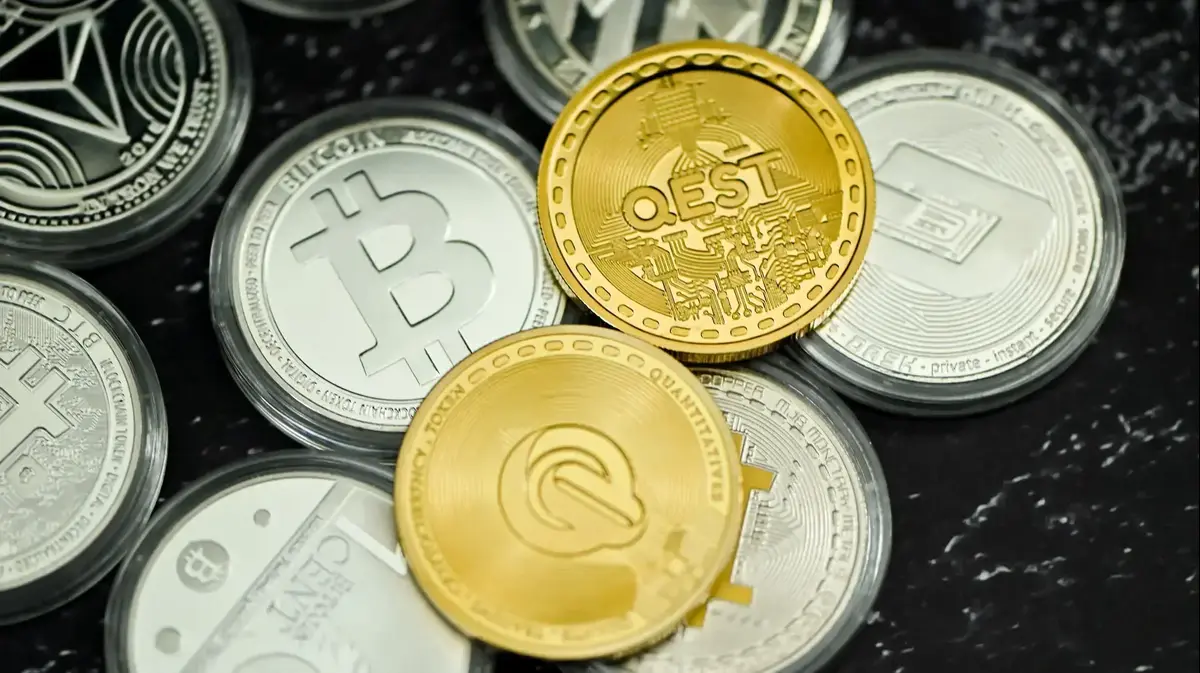Business
news
What to do when you lose a bitcoin wallet worth hundreds of millions of dollars?
According to the research company Chainalysis, of the 18.6 million bitcoin coins created so far, about 20% are in digital wallets that have been lost or cannot be used.
With the price of Bitcoin hovering around $ 35,000, the cumulative value of lost bitcoins is close to $ 130 billion
Tags
Bitcoin
Roy Katziri
Sunday, 17 January 2021, 19:06
Share on Facebook
Share on WhatsApp
Share on general
Share on general
Share on Twitter
Share on Email
0 comments
It is never pleasant to lose a wallet, certainly not when it is full of expensive virtual currency (Photo: ShutterStock)
James Howells, a 25-year-old software engineer from Wales, told the British Telegraph newspaper that in 2013 he accidentally threw a laptop hard drive into the trash, where he kept his private keys to his bitcoin wallet.
He said he owned the same 7,500 bitcoin wallet, whose current value is more than $ 260 million.
Earlier this week, the price of bitcoin on crypto exchanges was estimated at $ 35,000, after less than two weeks ago, on January 8, it reached a level of $ 41,941 - an all-time high.
Eight years after accidentally throwing the same hard drive in the trash, Howls is still sure he can get to those bitcoins and believes that the same hard drive can be "saved".
In an interview with CNBC News in the US, Howls said he needs to get permission from the Newport City Council to search the local landfill, where he thinks the dumped drive is located. In his hometown of Newport, if he could find the lost drive, he also offered to fund the drive's search work at a landfill site with funds from a hedge fund, which he did not name. Instead for economic and environmental reasons.
More on Walla!
NEWS
Can't disconnect from the smartphone?
You should beware of this great danger
To the full article
The Bitcoin network is a distributed system, which is not controlled by any single person or entity, but by a computer network.
Every bitcoin transfer is done using a digital wallet, which has a "private key".
The private key is a digital signature that provides mathematical proof of the source of the wallet from which the bitcoin transfer was made.
Quite a few bitcoin holders have become rich in recent years thanks to the rise in the value of bitcoin.
But what happens to someone who cannot use the capital he has accumulated because he has lost his password or access to his digital wallet?
The paper with the password was lost a decade ago
Stefan Thomas, a German programmer living in San Francisco, told the New York Times last week that he had only two guesses left to find a password worth, at present, about $ 245 million.
This password will allow Thomas to unlock a small IronKey hard drive, which holds the private keys of a digital wallet containing 7,002 bitcoins.
Thomas' problem is that almost 10 years ago he lost the paper on which he wrote the password for that hard drive, where users are only given 10 attempts to enter their personal password before the drive is locked and forever encrypts the information stored in it.
Since then, the German programmer has made eight attempts to enter the passwords he usually uses, but to no avail.
Thomas said he received those 7,002 bitcoins in 2011, while living in Switzerland, as payment for creating a short animated film that explained what bitcoin is.
In February 2011 the price of Bitcoin first reached one dollar.
Already that year Thomas lost the private keys of his bitcoin wallet, and in the ten years that have passed since then there has been no access to this possession.
But luck did not always play to Thomas' detriment.
In 2012, he joined the American crypto startup Ripple, and received from the company coins he issued, known as XRP.
Ripple currencies have yielded decent returns for investors over the past eight years.
However, last month, as reported by Globes, a lawsuit was filed against Ripple and two of its top executives by the US Securities and Exchange Commission (SEC), alleging that in the sale of XRP coins violated US securities laws.
Who would have believed 12 years ago that this currency would be worth so much?
(Photo: ShutterStock)
No company can provide the password
After the rally of the last eight months in the price of bitcoin, which is characterized by very high volatility, many of the bitcoin holders got rich "on paper" in a relatively short period of time, precisely when the corona plague hit the global economy.
But the surge in the price of bitcoin only increases the frustration felt by people who have lost the private keys to their bitcoin holdings.
These are forced to watch Bitcoin rise without being able to convert their holdings into dollars or other regular currency.
Of the 18.6 million bitcoin coins generated so far, about 20% (i.e., bitcoins currently worth close to $ 130 billion) are in lost or unusable digital wallets, according to information collected by research firm Chainalysis.
According to Wallet Recovery Services, which offers its customers help finding lost digital keys, it receives an average of 70 inquiries a day from people seeking help in recovering their wallets - three times the number who contacted the company about a month ago.
People whose bitcoin wallets are locked in front of them spend days and nights trying to gain access to their capital.
These attempts are accompanied by great frustration, especially among those who bought Bitcoin in its early years (the first Bitcoin coins were created in January 2009, 12 years ago), at a time when not many believed that these coins would be worth much in the future.
The frustration over those lost bitcoins teaches something about the unusual foundations of bitcoin technology, which differentiate bitcoin from “regular” money and give it special, but also dangerous, characteristics.
In "traditional" digital wallets such as PayPal, for example, as well as in bank accounts, the company that provides the wallet or account can provide the customer with a personal password as well as the option to recover or change a password.
Bitcoin, on the other hand, does not have any company that can provide or maintain passwords.
The inventor of anonymous Bitcoin, known as Satoshi Nakamoto, stated that the central idea of Bitcoin is to allow anyone in the world to open a "digital account" and hold money in a way that no government can prevent or monitor its use.
The implementation of this idea is made possible thanks to the technological structure of Bitcoin, which is managed by a network of computers that run the Bitcoin software according to all the rules set out in it.
The software allows you to create a digital address and assign it a private key, the details of which are known only to the person who created the Bitcoin wallet.
The same software also allows the Bitcoin network to verify the password to confirm Bitcoin transfers, without the network seeing the password or knowing it.
That is, the system allows anyone to produce a Bitcoin wallet without having to register with any financial institution or undergo any identification.
This option has made Bitcoin, among other things, a popular means of payment among criminals, who can use it as money without revealing their identities.
The same possibility has also attracted people in countries like China or Venezuela, where governments often resort to bank accounts or close them with an arbitrary decision.
However, the structure of the Bitcoin system probably did not take into account how bad people are at keeping or securing their passwords.
This is why in recent years quite a few start-ups and companies have sprung up that offer guarding and security services for crypto currency holders.
But companies operating in the field may also encounter problems, such as cyber hacking, in which hackers try (and sometimes even succeed) in hacking digital wallets and stealing the cryptocurrencies held in them.
Many crypto exchanges around the world have suffered such breaches in recent years.
Share on Facebook
Share on WhatsApp
Share on general
Share on general
Share on Twitter
Share on Email
0 comments









